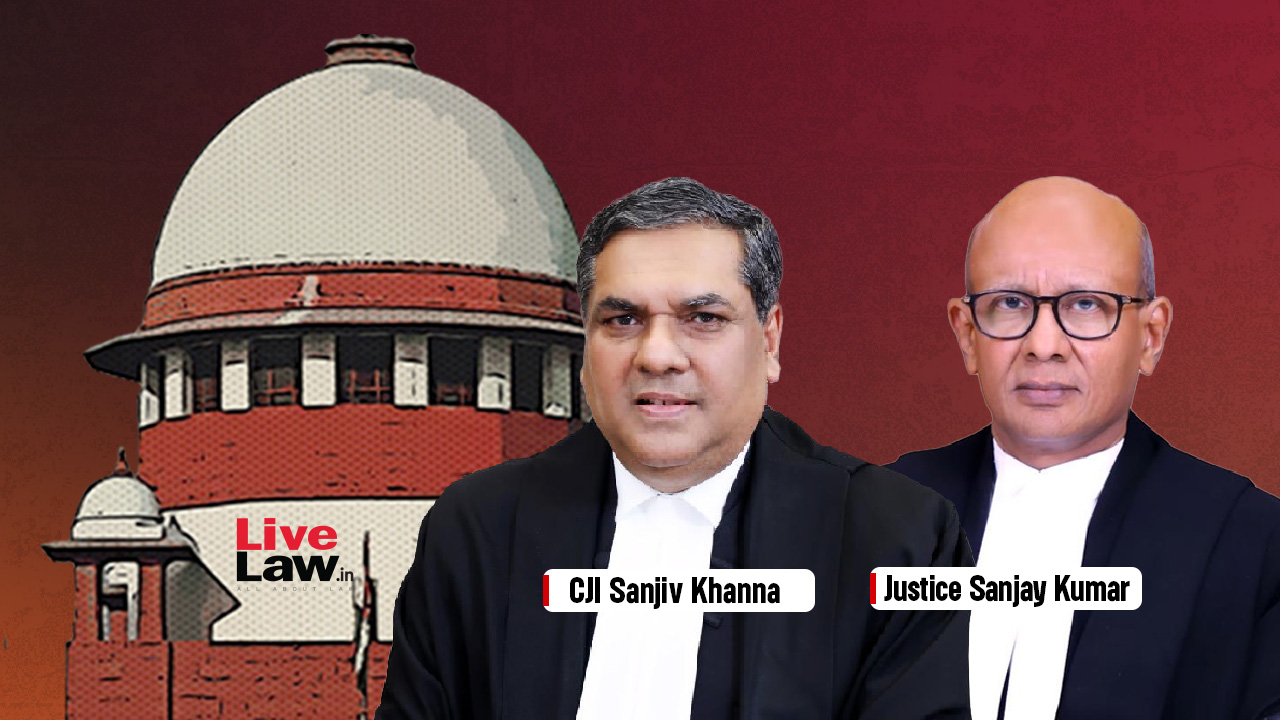 |
|
The Supreme Court of India recently delivered a landmark judgment concerning the interpretation of the term 'socialist' in the Preamble to the Indian Constitution. The case, a culmination of several petitions challenging the 42nd Amendment of 1976 which added 'socialist' and 'secular' to the Preamble, resulted in a decisive affirmation of the amendment's validity and a clarification of the meaning of 'socialist' within the Indian constitutional framework. The court explicitly rejected the petitioners' arguments that the amendment was imposed during a state of emergency without proper democratic consultation, emphasizing that subsequent legislative actions, notably the 44th Amendment, reinforced the changes and demonstrated widespread public acceptance. This long-standing acceptance, spanning over four decades, was a key factor in the court's decision. The justices emphasized that the inclusion of 'socialist' does not prescribe a rigid, singular economic model but rather represents a commitment by the state to function as a welfare state, actively working to ensure equality of opportunity for all citizens.
The court's interpretation of 'socialist' steers clear of a narrow, economically deterministic definition. Instead of confining the term to a particular economic policy chosen by a specific government, the judgment emphasizes the state's overarching commitment to social welfare and the pursuit of equitable opportunities. This interpretation aligns with India's adoption of a mixed economy model, where both public and private sectors coexist and contribute to economic growth and social upliftment. The court acknowledges the significant role of the private sector in alleviating poverty and improving the lives of marginalized communities, making it clear that 'socialist' does not imply an outright rejection of private enterprise or the fundamental right to business and trade, as guaranteed by Article 19(1)(g) of the Constitution. This nuanced approach avoids a rigid ideological interpretation, reflecting the dynamic and evolving nature of the Indian economy.
The court's decision draws upon prior case law, notably the Excel Wear case, which addressed the potential for the inclusion of 'socialist' to favor state ownership. While acknowledging this possibility, the court reaffirmed the recognition of private ownership within the Indian economic system, emphasizing the co-existence of public and private sectors. Furthermore, the judgment cites the Property Owners Association case, highlighting the constitution's flexibility in allowing elected governments to adopt various economic governance structures that align with their policy goals and accountabilities to the electorate. This reinforces the idea that the 'socialist' principle in the Preamble does not dictate a specific economic structure but rather provides a guiding framework for state action geared towards social justice and economic upliftment. The court's reliance on established precedents, along with its consideration of the historical context and widespread public acceptance of the 42nd Amendment, strengthens the legal foundation of its decision and reinforces the constitutional validity of the amendment.
The judgment explicitly rejects the argument that the 42nd Amendment was undemocratic and imposed upon the people. The court emphasizes the subsequent ratification of the changes and the rejection of proposals to further define 'socialist' and 'secular' within the constitutional text. The court highlights that the absence of such explicit definitions underscores the flexibility and evolving nature of these principles within the Indian constitutional framework. By rejecting the petitions, the court effectively concludes a chapter of legal debate surrounding the interpretation of the Preamble, offering a definitive and legally sound interpretation that has implications for the ongoing discussion on the role of the state in ensuring social justice and economic equality in India. The court's decision serves to reaffirm the constitutional validity of the 42nd Amendment and clarify the meaning of the term 'socialist' in the context of Indian constitutional law, providing valuable legal precedence for future cases related to the interpretation of the Constitution.
The ruling ultimately provides a comprehensive and contextually rich interpretation of the term 'socialist' as it appears in the Preamble. It is not a rigid economic doctrine but a statement of intent reflecting the state's commitment to social welfare and equal opportunity. This interpretation is firmly grounded in the existing case law, acknowledges the historical evolution of the Indian economy, and recognizes the significant role of both public and private sectors in the country's development. The court's consideration of the long-standing acceptance of the 42nd Amendment reinforces the legitimacy of the changes and emphasizes the wide-spread understanding of these principles by the Indian populace. The implications of the decision are far-reaching, providing clarity on a fundamental aspect of the Indian Constitution and shaping the ongoing discourse on the balance between state intervention and individual liberties in the pursuit of a just and equitable society.
